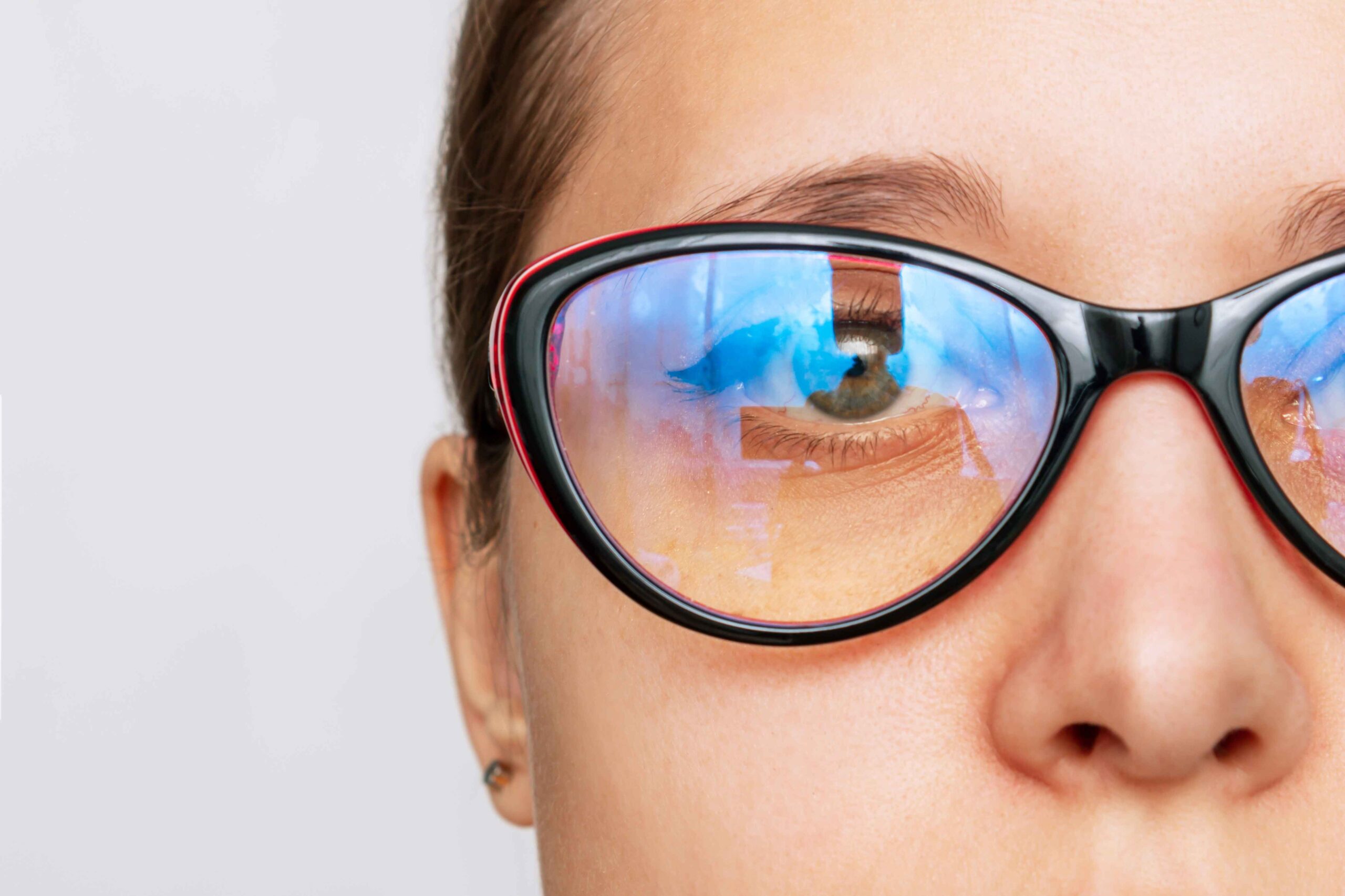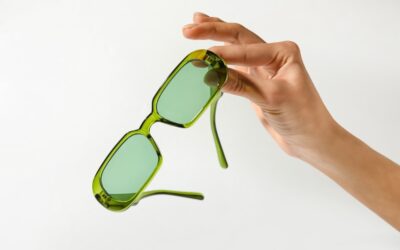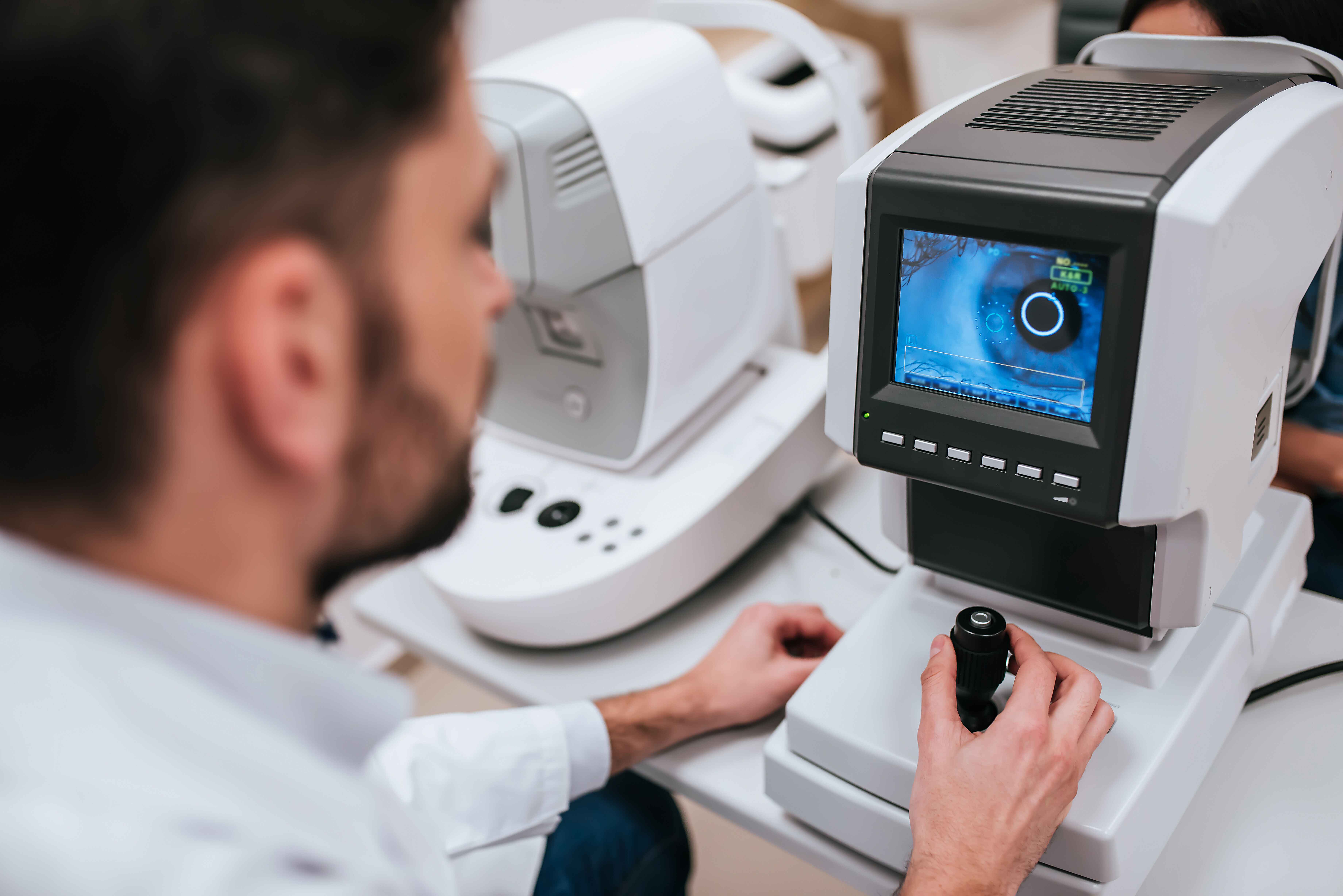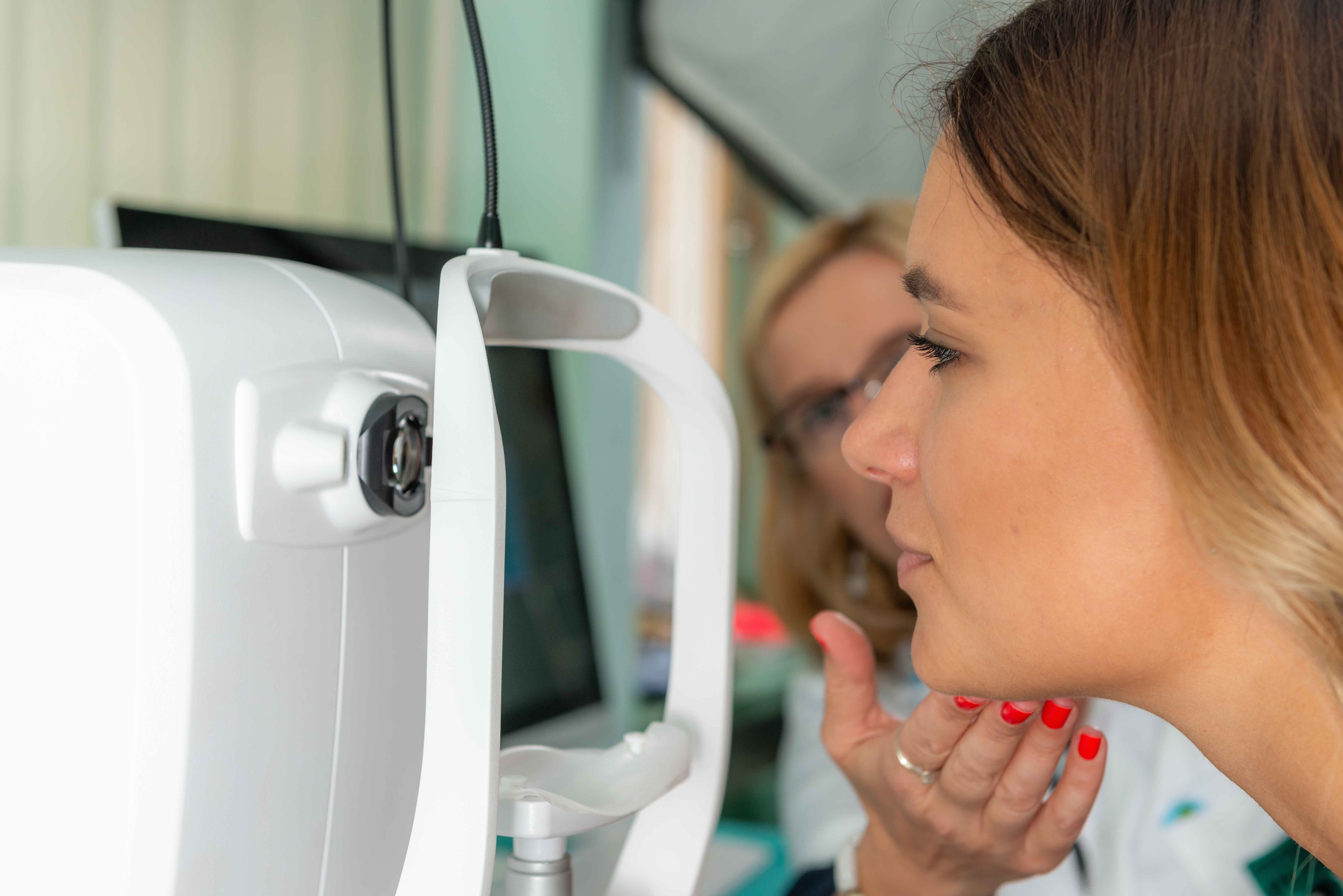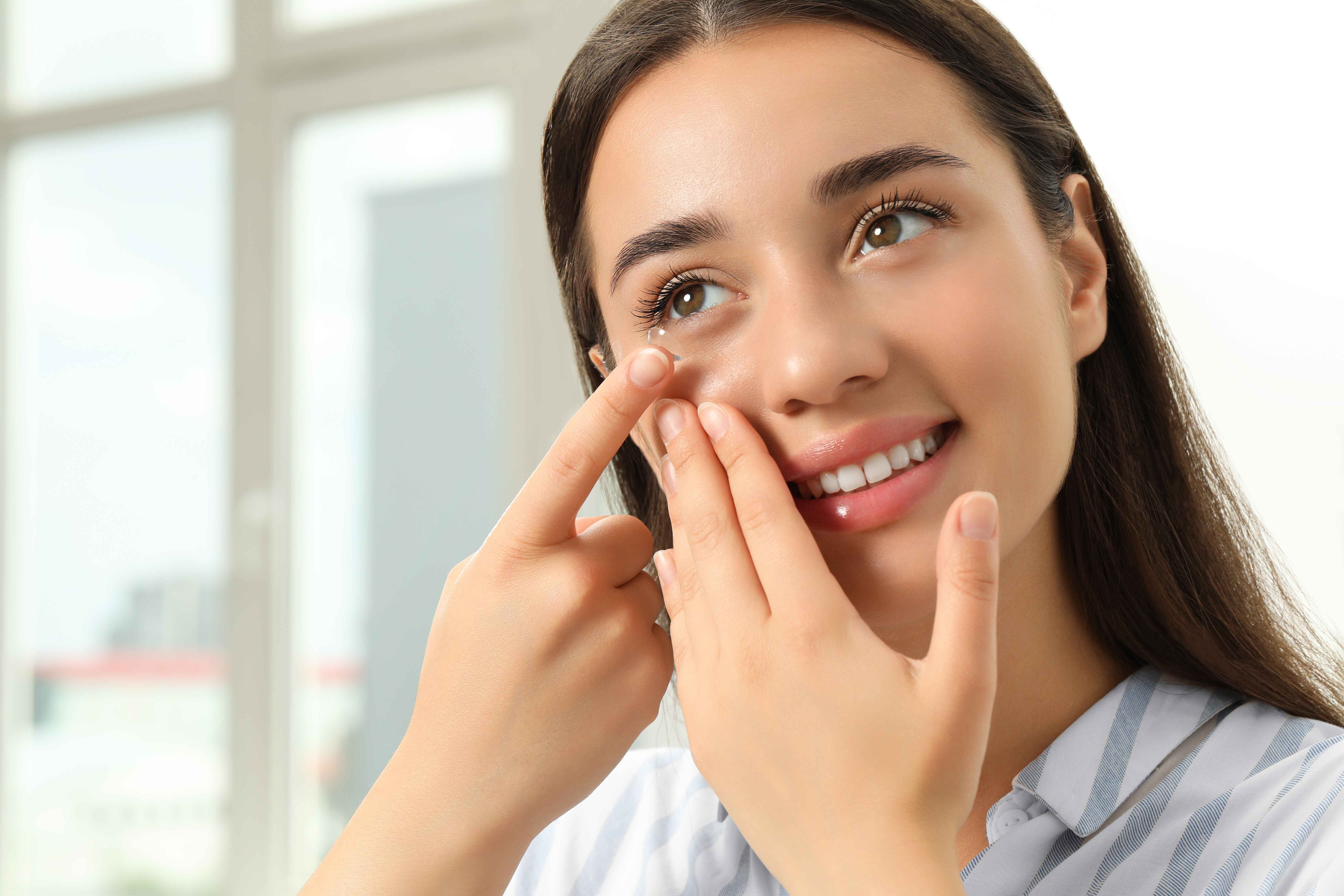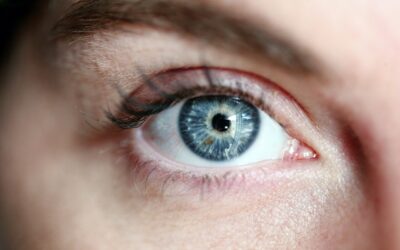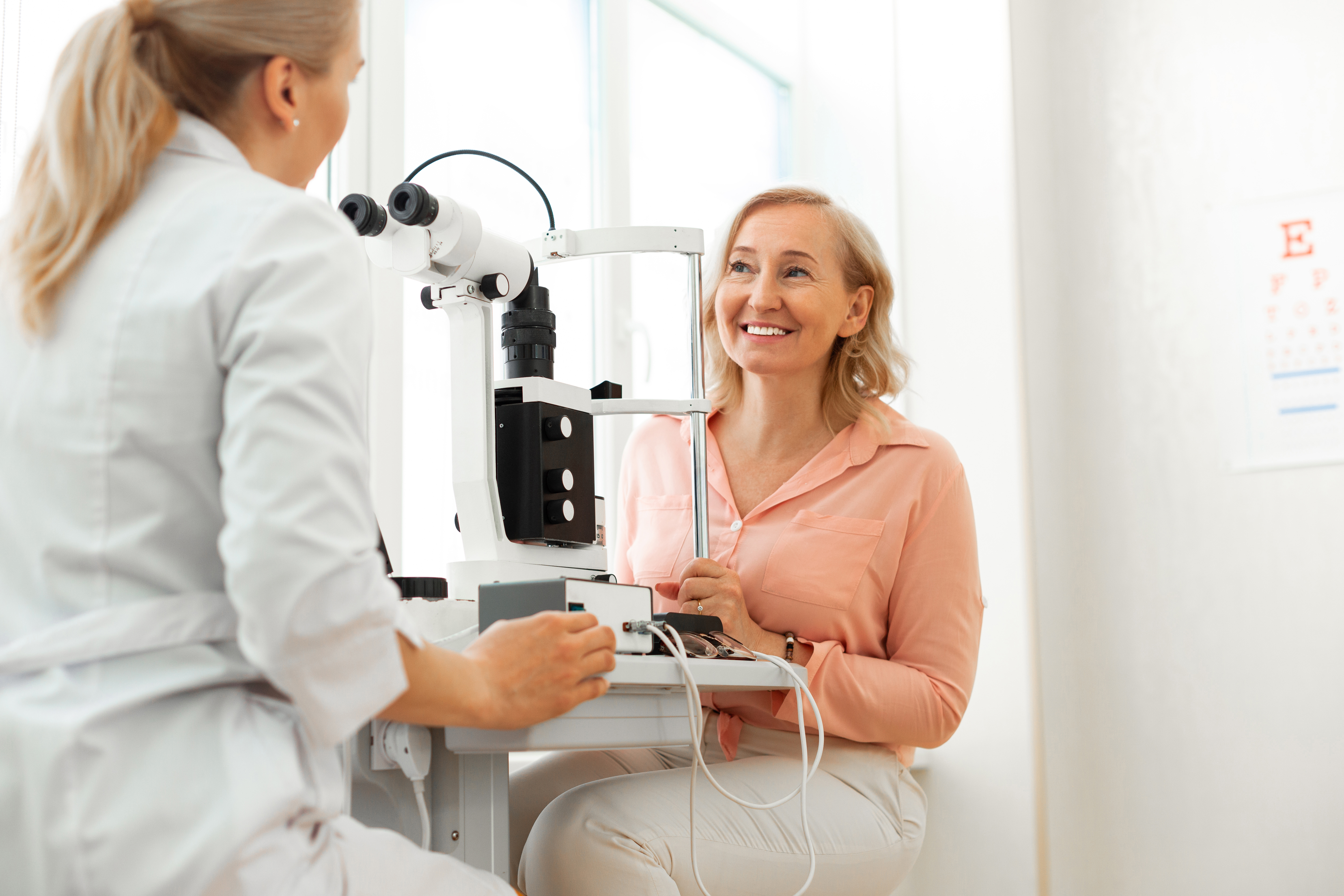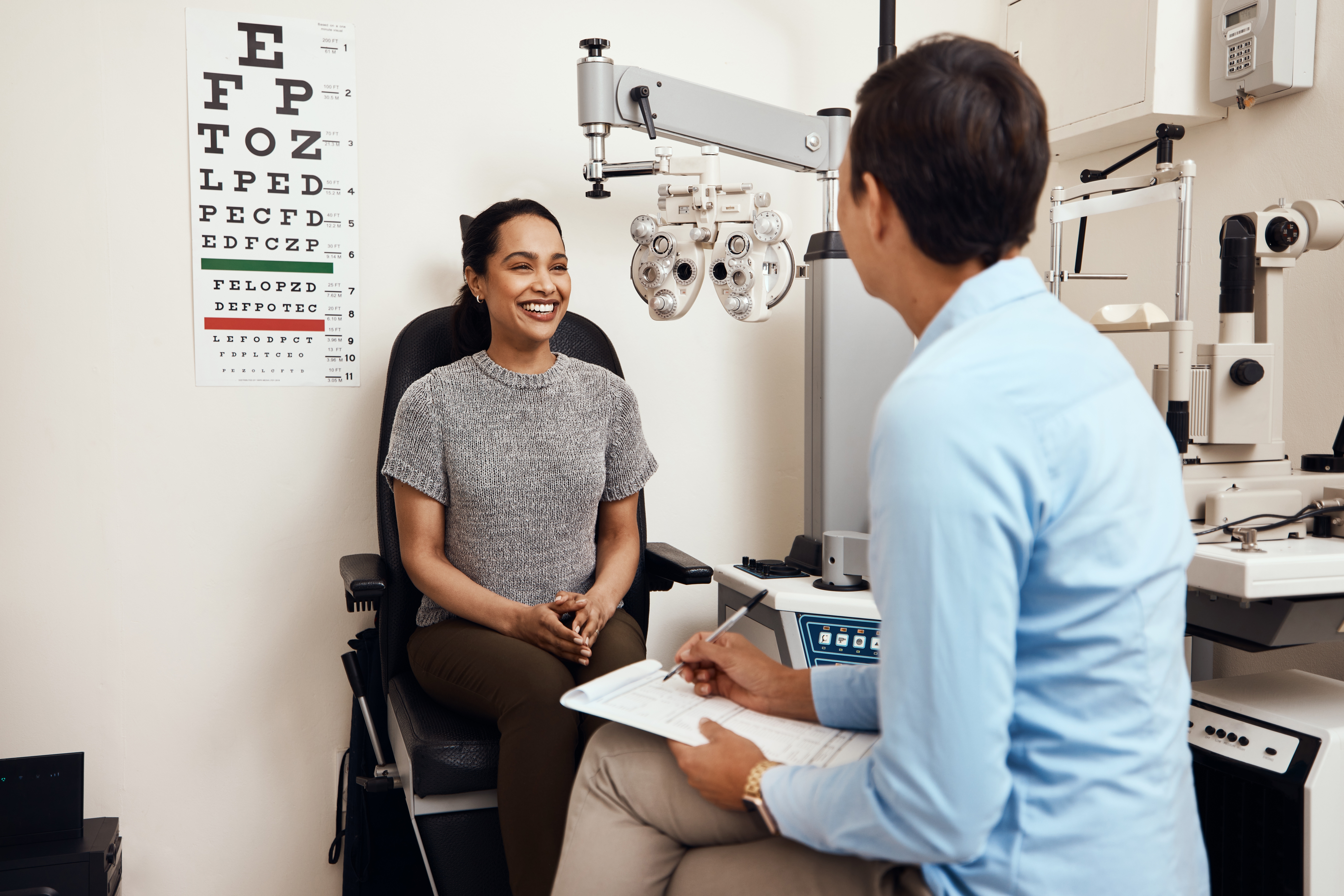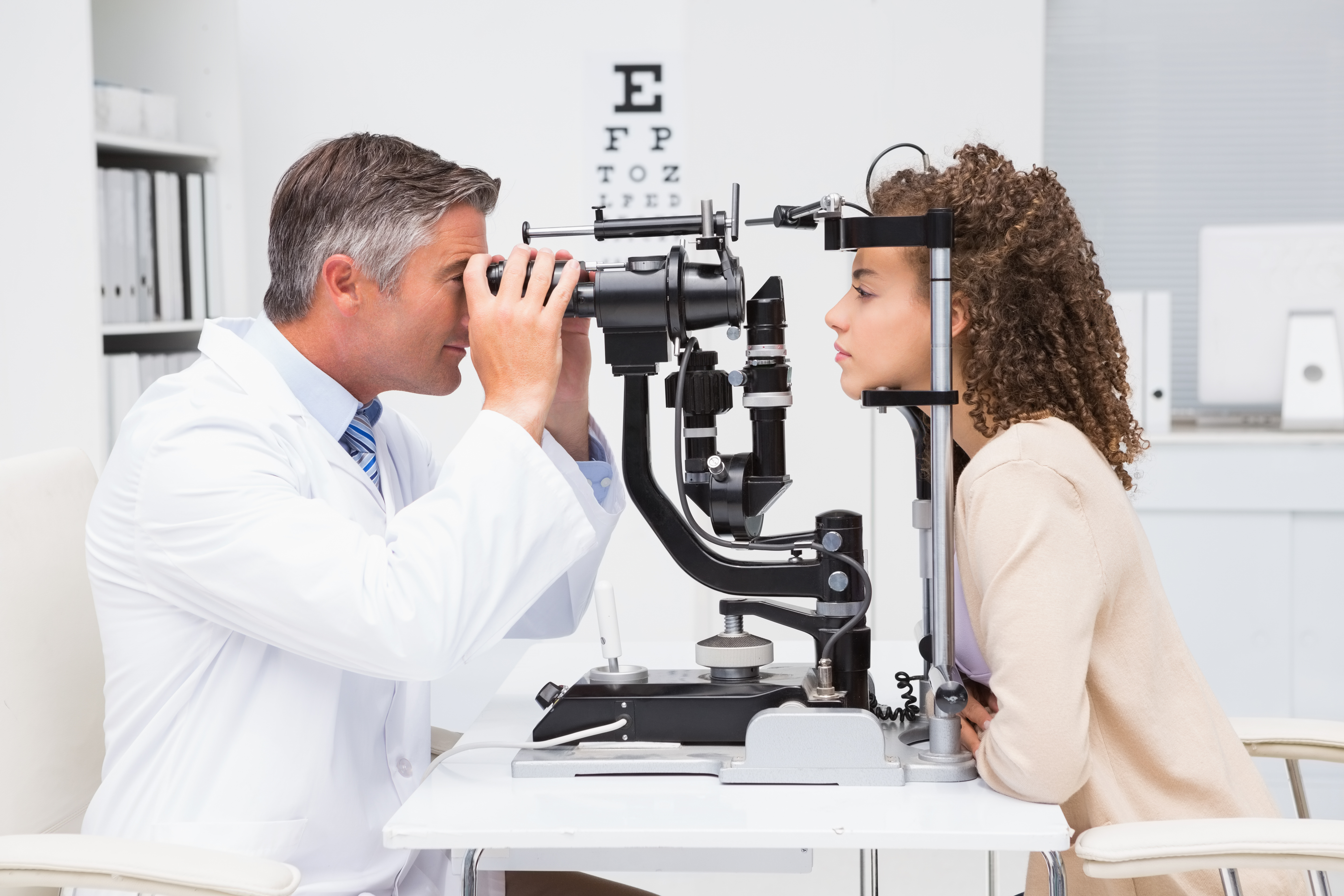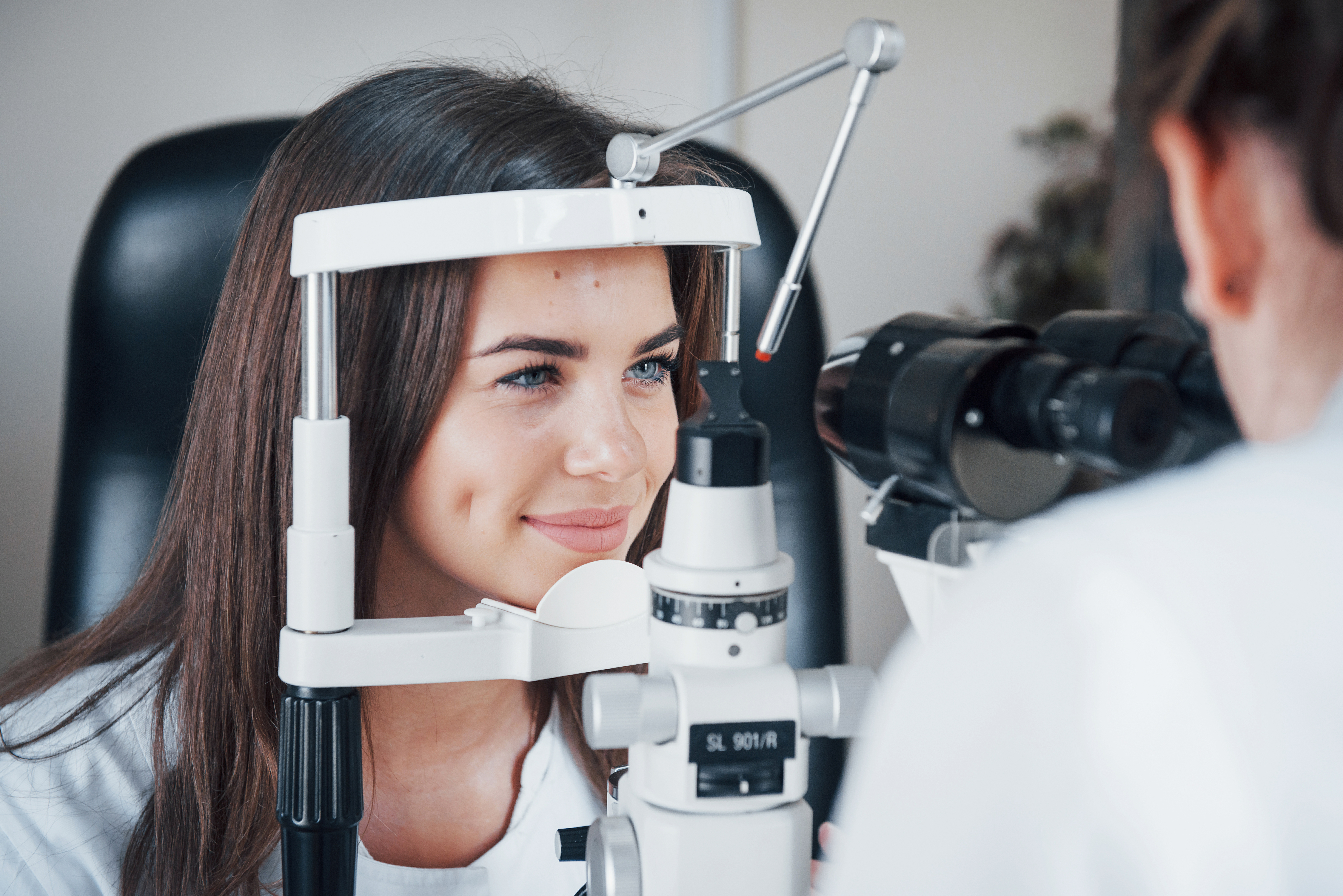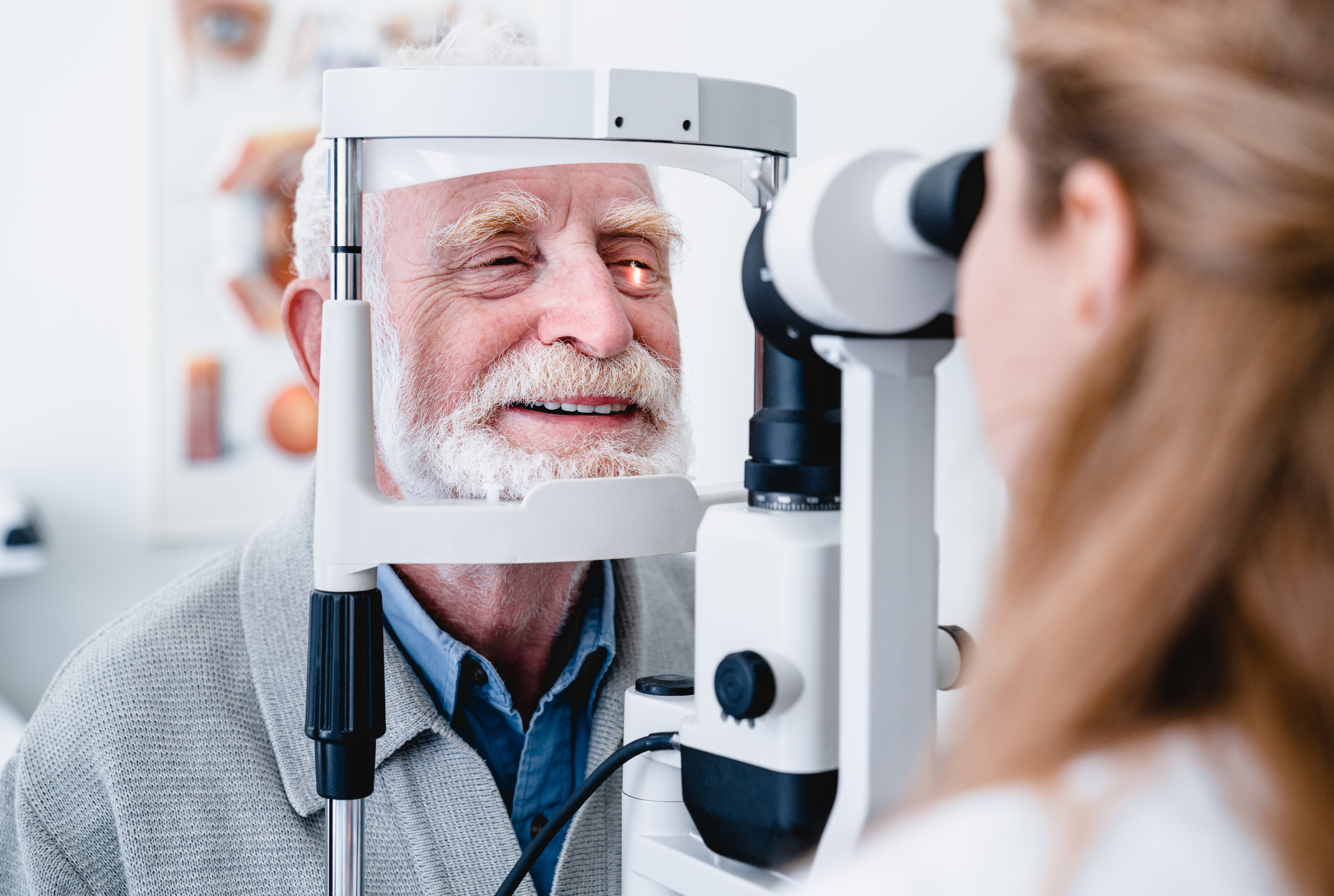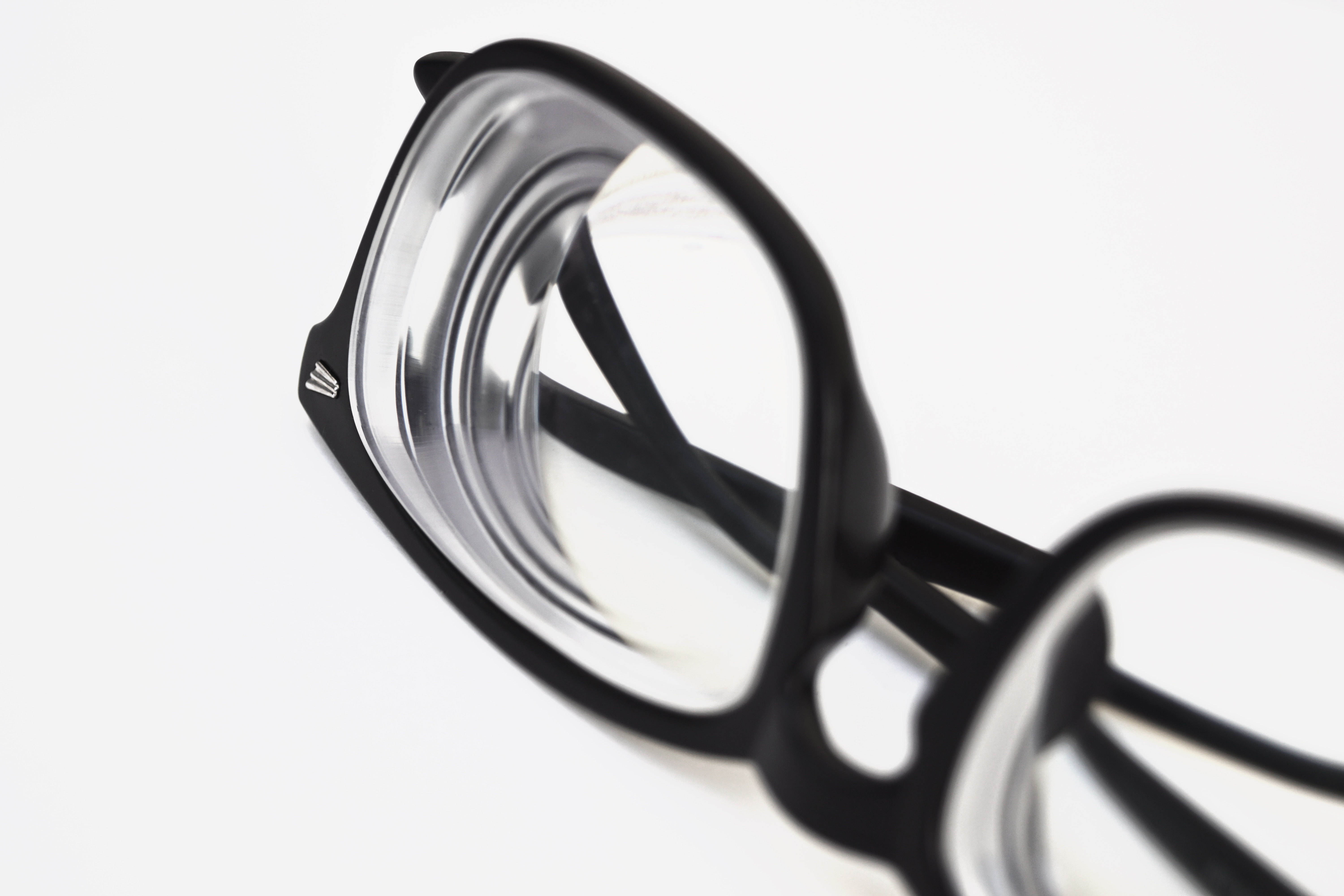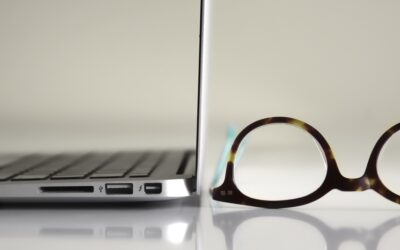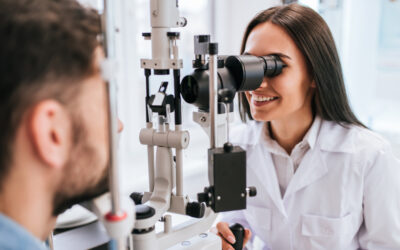Table of Contents
The visible light spectrum includes different wavelengths with varying properties. Blue light, which comprises light with a wavelength of 390 to 500 nanometers, has a high energy level and a short wavelength. Blue light makes up a third of the visible light emitted by the sun. However, the LEDs used in computers, smartphones, and TVs also emit a non-negligible amount of blue light.
So what, exactly, do blue light glasses do? They act as filters that block or reduce certain wavelengths, limiting the amount of blue light that reaches the eyes during screen time. With half of computer users experiencing eyestrain, blue light is often presented as the main culprit. The increasing awareness of blue light’s impact on eye health presents an opportunity for brokers to educate their audience on how cost savings can make additional features like blue light protection more affordable.
What Are the Benefits of Blue Light Glasses?
Let’s take a closer look at the benefits of reducing blue light exposure with special lenses.
How Do Bluelight Glasses Work?
Users who wear blue light glasses can reduce their exposure to potentially harmful wavelengths thanks to their lenses’ ability to filter out blue light. While blue light lenses don’t prevent computer vision syndrome entirely, there are several benefits:
-
Research suggests that blue light triggers the release of toxins by photoreceptor cells on the retina. Inhibiting this mechanism could reduce the risk of developing eye health conditions like macular degeneration.
-
The scientific community agrees that blue light promotes alertness by blocking melatonin. Blue light glasses can help restore healthy melatonin levels, improving sleep quality.
Understanding the Demand for Blue Light Glasses
With the average American spending about 7 hours per day in front of a screen, blue light glasses represent a significant opportunity for brokers to educate their clients on the importance of protecting their eyes from this potentially harmful light wave.
The Need to Educate Consumers
Brokers can show the benefits of blue light glasses and create realistic expectations by addressing common misconceptions:
-
Some consumers believe blue light glasses make screens completely safe. The truth is that blue light lenses won’t protect from glare, loss of focus flexibility, or poor posture.
-
Some users don’t believe that blue light glasses work. There is a need for more research on the topic, but there is a strong argument in favor of limiting exposure to blue light.
Wearing Blue Light Glasses: Opportunity and Strategies for Insurance Brokers
While vision plans typically do not cover blue light glasses directly, they can make them more affordable by providing savings on other eye care expenses.
Another way that brokers can help make this perk accessible is by guiding employers through setting up a self-funded plan.
With this model, the employer funds an account or takes employee contributions to create a fund from which health expenses are paid.
It’s a flexible approach where employers can customize the scope of the claims the plan will reimburse, such as blue light glasses.
Exploring Opportunities With VCD of Oklahoma
More people are becoming aware of the negative effects of blue light exposure. As a broker, you can help employers offer this vision perk by helping your employers understand the benefits of saving money on other costs or by recommending self-funded plans.
You can go further by helping employers update their benefits package with a vision plan from Vision Care Direct of Oklahoma. Our emphasis on local care, value, and flexibility puts us in a unique position to make vision health accessible to everyone. Find out more about the unique benefits we offer to brokers.
